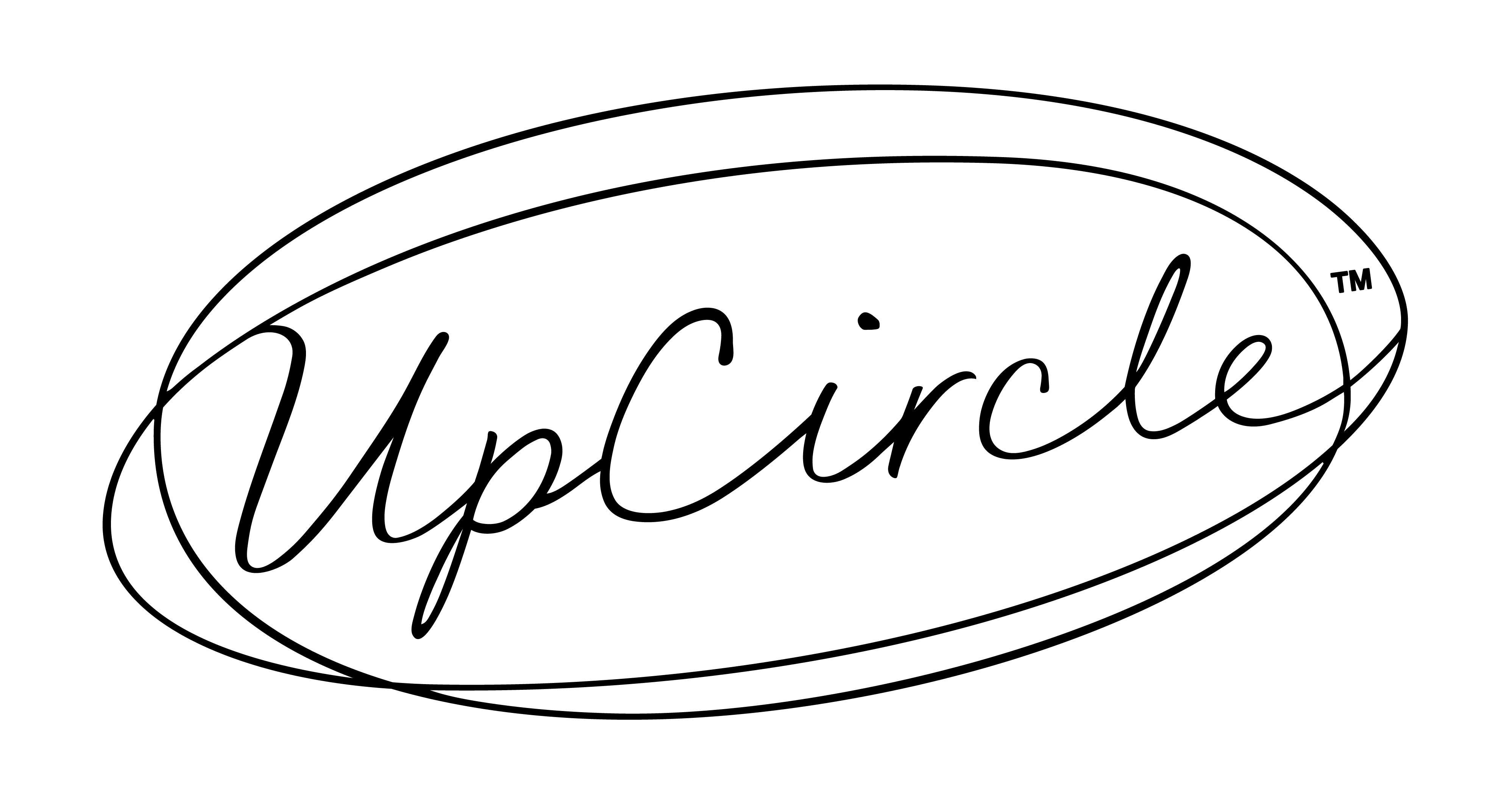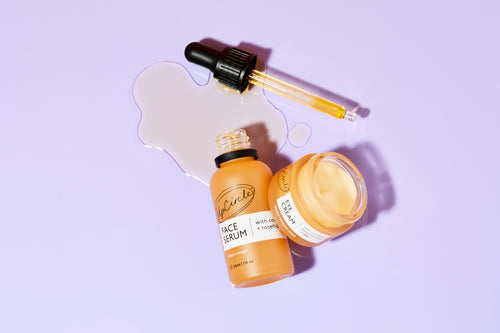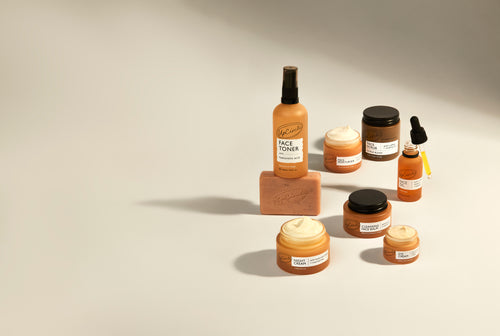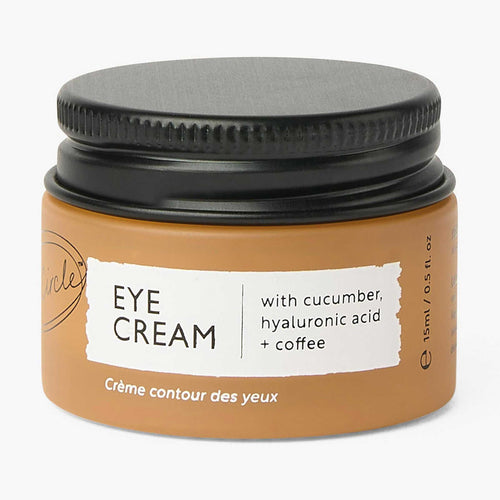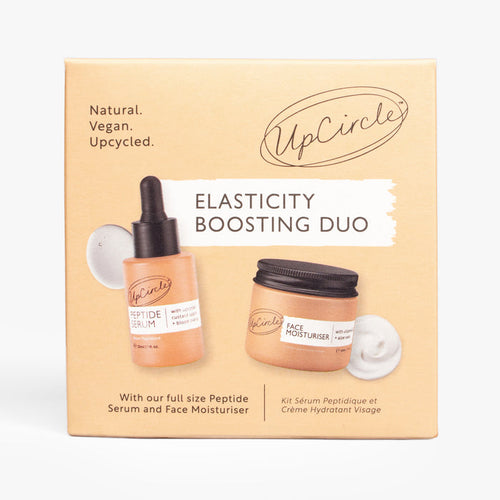Aromas have the power to do more than just make you smell wonderful; they can transport you to another time and place, invoking powerful memories.
Sure, there’s the perfume you wear on a daily basis for work, but what about the fragrance you wore on an incredible holiday, or for a special occasion like your wedding day? Those scents stay with you, and can be very comforting to return to.
How to layer fragrances
People choose to layer fragrances to enhance the aromas of a favourite perfume, to craft a signature scent, or just to experiment with how different fragrances work together.
When it comes to aromas, there are some terms you should know before starting to layer them together:
- Top notes: The initial scents you smell after spraying a perfume. These typically last between five and 15 minutes.
- Heart notes: Sometimes known as middle notes, heart notes are what you can smell when the top notes have evaporated. These usually last between 20 and 60 minutes.
- Base notes: These are the notes that make up the lasting scent that you remember your favourite perfume for the most – they come through once the top and then heart notes fade. These typically last around six hours.
Making sense of your top, heart and base notes is important when you start layering scents. Here is our favourite way to begin layering fragrances.
1. Choose your fragrances
When trying to choose which scents to layer together, first consider whether you want complementary, contrasting or linear (consistent) scents.
As well as considering the type of scent, it’s also important to consider the intensity of the fragrances you want to layer. Layering several very intense fragrances can be too heavy for some people, so incorporate lighter fragrances too.
2. Apply the base fragrance
Your base scent is typically the heaviest and most intense fragrance, acting as the foundation for your fragrance layering. Consider which aromas you want to last and be enhanced – think citrus, floral, woody and spicy, to name a few.
3. Layer your additional scents
After your base scent has dried for a few seconds, spritz a second fragrance that is lighter and less intense than the first. Additional perfumes can be sprayed on top, but be careful not to overpower the base scent – try to enhance the notes in the base scent, rather than mask them.
Fragrance layering tips
We think a lot of fragrance layering is down to personal choice and what you’re naturally drawn to.
- Ensure your skin is hydrated before spritzing your fragrances to help your individual aroma last longer. Dry skin can prevent your perfumes from lasting, so use a nourishing moisturiser beforehand!
- Apply the fragrances to your pulse points for longer lasting scent – such as your wrists, neck, behind the ears and behind the knees.
- Have fun layering your fragrances – test new combinations and get a feel for what you prefer.
UpCircle’s natural fragrances
In 2023, we ventured into the world of fragrance, bringing our upcycled ingredients to the table to craft two distinct scents. From fresh and floral to comforting and empowering, you can find your complementing fragrance in a refillable bottle.
Santelle Eau De Parfum
An enveloping scent that is both comforting and enveloping, Santelle wraps you in softness and warmth. With a bright and subtly sweet opening, it intertwines the radiant glow of sandalwood with the caramel of immortelle.
- Top notes: Zesty and piquant black pepper with the delicate sweetness of pear and cassis.
- Heart notes: A rich heart of creamy sandalwood, made luminous with pink pepper and peony.
- Base notes: Soft and woody Atlas cedarwood with the caramel warmth of immortelle.
In this natural and vegan perfume, we’ve proudly upcycled several ingredients that would otherwise go to waste:
1. Clove leaf
Spicy, woody and aromatic clove leaf essential oil is sourced from the Molucca islands of Indonesia. The salvaged leaves are distilled into this opulent oil that brings a complex and smoky depth to Santelle.
2. Cedarwood atlas
Cedarwood Atlas essential oil is sourced from the Atlas Mountains of Morocco. Warm, smooth, and rich, the essential oil is distilled from sawdust, a waste product from the furniture industry.
3. Dersantol
A rich, long lasting, and incredibly creamy smelling sandalwood material, also known as Sandalore. It is made from otherwise wasted fractions of myrtle oil, providing perfumers with the means to enhance the natural beauty of sandalwood oil.
4. Dihydromyrcenol
An aromatic material, which provides lift, zestiness and herbal freshness to a fragrance. It is produced from pine oil which is a waste product of the paper industry.
Flaura Eau De Parfum
Fresh and vibrant, this perfume crafts a floral aura. Opening brightly with uplifting freshness, Flaura is a scent blooming with white flowers and sensuality and surrounds you with effervescent positivity.
- Top notes: Fresh, sparkling and uplifting bergamot with the juicy sweetness of blackcurrant.
- Heart notes: A floral aura from honeyed petals of orange blossom, green jasmine sambac and peachy tuberose.
- Base notes: A radiant base of Virginia cedarwood, velvety vanilla pods and warm fluffy musks.
Like with Santelle, we’ve upcycled a whole host of ingredients into this product which would otherwise go to waste.
1. Orange peel
Sweet and uplifting, with the characteristic freshness of peeling an orange. Orange weaves into the scent confidently, elevating it with a squeeze of zesty vibrance.
2. Cedarwood Virginia essential oil
A rich, sensual and warm oil – obtained through steam distillation of wood offcuts produced for the furniture and paper industries – which would otherwise be burned or sent to landfill.
3. Jasmin Sambac absolute
Green, floral, bright and blooming, Jasmin Sambac is grown in Tamil Nadu for the flower industry and famed for its use in bridal and ceremonial wear. Blossoms which would otherwise be discarded are turned into the floral absolute for use in perfumery.
4. Helvetolide
A fruity, pear-like musk made from otherwise discarded waste materials produced by the fragrance industry. It brings glowing sweetness and longevity to a scent.
Layer the two scents together, or experiment with Flaura or Santelle as a base scent or additional scent for one of your other aromas. If you choose your scents based on the season, we love the following:
- Summer: Flaura on its own
- Winter: Santelle on its own
- Spring: Flaura mainly with a light top spritz of Santelle
- Autumn: Santelle mainly with a light top spritz of Flaura
Shop our natural perfume collection.
